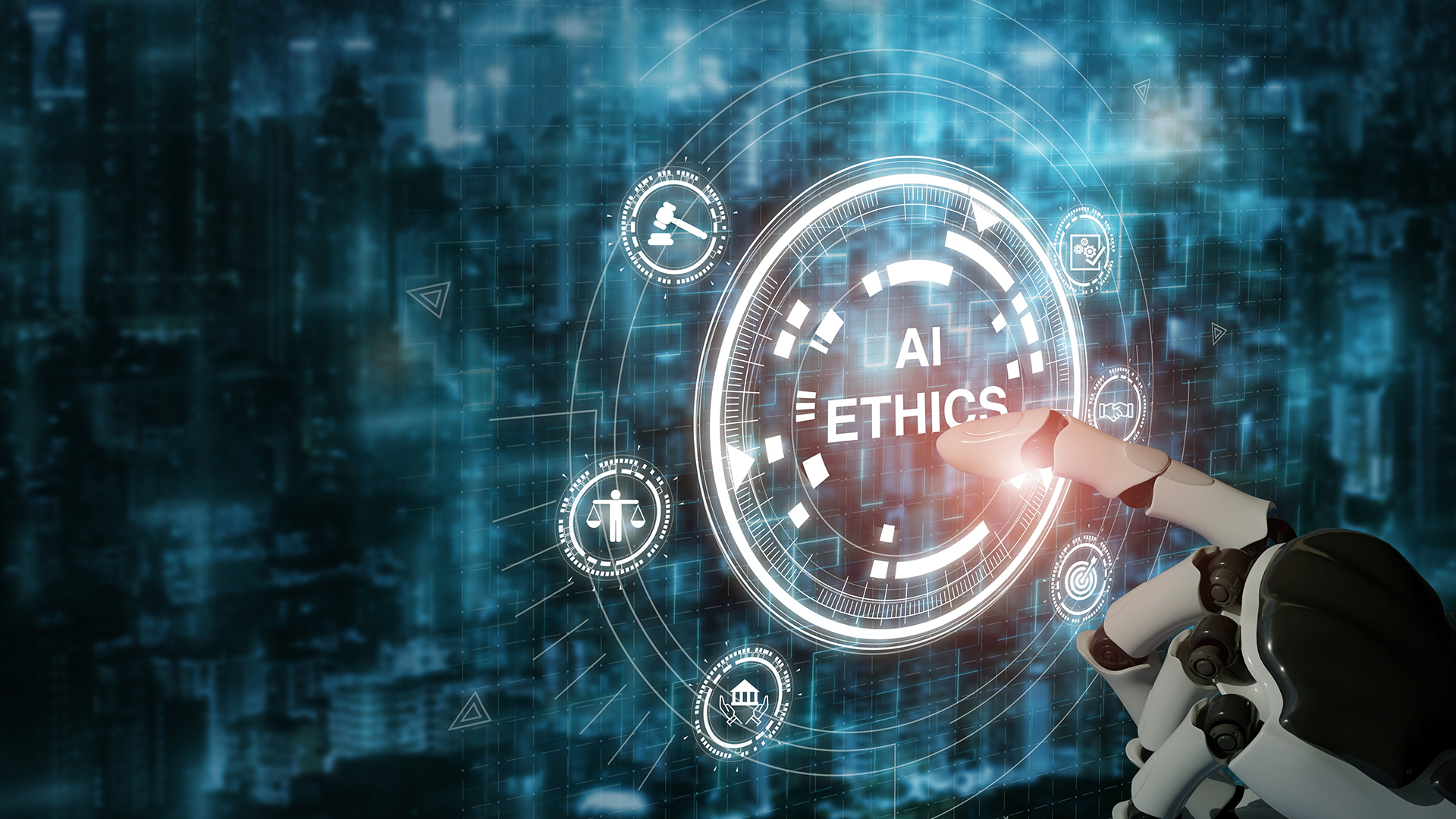
The AI Revolution: Ethical Implications and Future ProspectsThe AI Revolution: Ethical Implications and Future Prospects The rapid advancement of Artificial Intelligence (AI) has ushered in an era of unprecedented technological transformation, bringing forth both immense potential and profound ethical implications. Ethical Considerations: * Job Displacement: AI automation poses a significant threat to human employment, potentially displacing millions of workers in various industries. * Algorithmic Bias: AI systems can inherit and amplify biases present in their training data, leading to unfair and discriminatory outcomes. * Privacy Concerns: AI-powered surveillance systems raise concerns about privacy violations, as data collected by these systems can be used for unintended purposes. * Weaponized AI: The development of autonomous weapons and AI-enhanced cyberwarfare capabilities poses ethical dilemmas and potential threats to global security. Future Prospects: * Improved Healthcare: AI has the potential to revolutionize healthcare by providing personalized treatment plans, detecting diseases early, and enabling remote monitoring of patients. * Enhanced Productivity and Innovation: Automation and AI assistance can significantly boost productivity, freeing up human workers to focus on more creative and value-added tasks. * Climate Change Mitigation: AI can contribute to addressing climate change by optimizing energy use, predicting extreme weather events, and developing sustainable solutions. * Space Exploration: AI-powered spacecraft and rovers can enhance our understanding of the universe and support future space missions. Addressing Ethical Concerns: * Establish Ethical Guidelines: Governments and industry leaders must develop and enforce clear ethical guidelines for AI development and deployment. * Promote Transparency and Accountability: AI systems should be designed with explainability and accountability in mind, ensuring that developers and users understand how decisions are made. * Invest in Education and Training: As AI technologies become more prevalent, investments in workforce training and reskilling are crucial to mitigate job displacement. * Establish International Collaborations: Ethical considerations related to AI require international cooperation and coordination to address global challenges. Conclusion: The AI revolution presents both transformative opportunities and profound ethical challenges. By addressing these concerns through ethical guidelines, education, and collaboration, we can harness the benefits of AI while mitigating its potential risks. As we navigate the future of AI, it is imperative that we prioritize ethical principles and ensure that these technologies serve humanity in a responsible and equitable manner.
Posted inNews